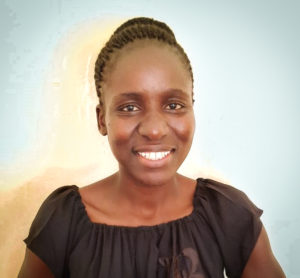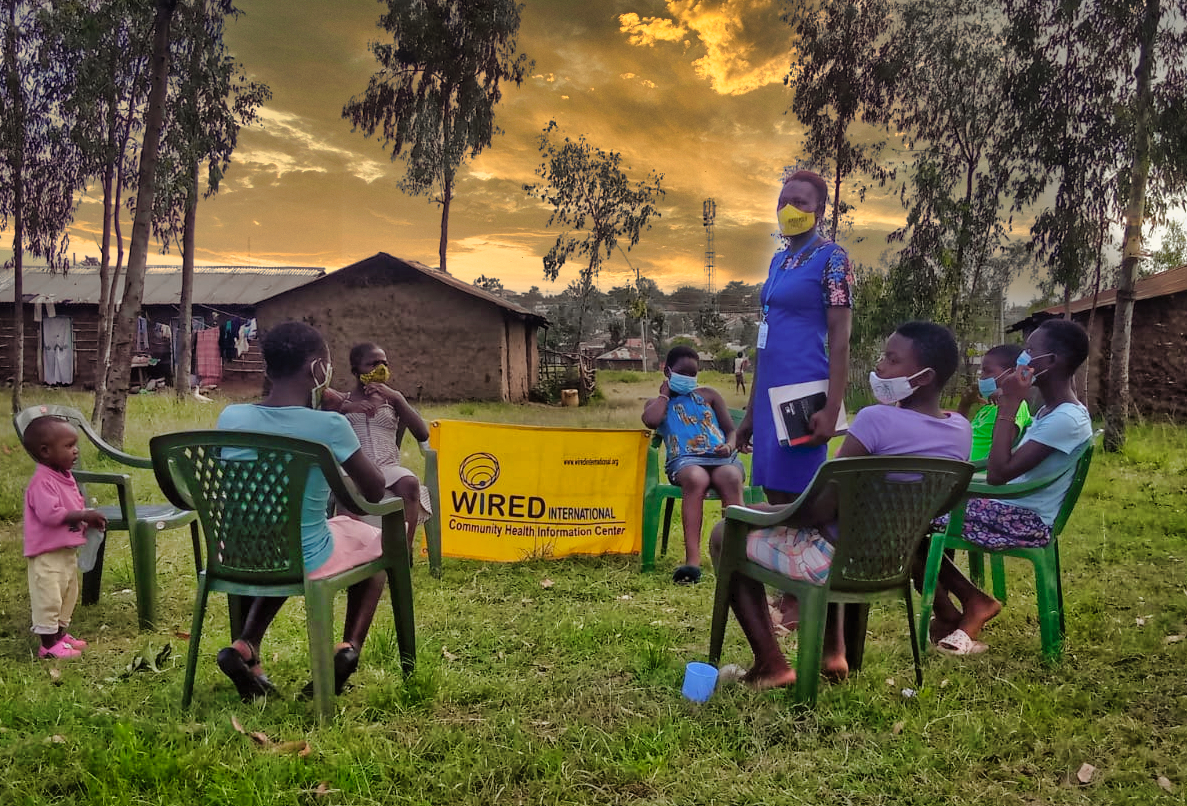WiRED’s Community Health Workers Update from Kenya
Actively Educating Communities in Illness Prevention
By Jessie Crowdy; Edited by Allison Kozicharow
WiRED’s Community Health Workers (CHWs) in Kisumu, Kenya, continue to educate and strengthen their communities.
In the month of June, 12 WiRED CHWs reached a total of 5,101 people. Although COVID-19 remains an urgent focus, the CHWs addressed issues in their communities as diverse as malaria, nutrition, diabetes and drug abuse. Educating their communities on important steps to stop the spread of COVID-19, such as handwashing and bolstering the immune system, can have a positive impact on reducing other illnesses. This is perfectly illustrated by one of WiRED’s CHWs, who shares this example:
Educating their communities on important steps to stop the spread of COVID-19, such as handwashing and bolstering the immune system, can have a positive impact on reducing other illnesses.
“Cases of diarrhea are down because of the handwashing hygiene, people are watching what they eat by eating a balanced diet to boost their immune system and also by exercising. Those who are adhering to these directives are safer from contracting COVID and are also extremely grateful.”
– Imelda Anyango, CHW

WiRED’s CHWs are aware of the need for urgent medical attention for anybody suspected of malaria as well as the importance of implementing preventative measures. (For more information on malaria, please refer to WiRED International’s malaria modules here.) Given that malaria, if left untreated, could result in fatal health complications, our CHWs are aware of the need to maintain vigilance for environmental determinants of the disease together with life-saving preventative action and the right course of treatment:
“I referred [a] person to a hospital for the malaria test —which later turned out to be positive — and he was treated and given a prescription for the medication. I am happy the person is responding well to the medications.”
– Daniel Ayieko, CHW

According to Daniel Ayieko, “The weather in Kisumu has totally changed; there has been a lot of rain and flooding everywhere. This rain has brought a lot of stagnant water, which has helped mosquitos breed. During my training they emphasized how to use nets to help in preventing the spread of malaria. I also came across one of my participants who had malaria but was just using over-the-counter drugs. I referred the person to a hospital for the malaria test — which later turned out to be positive — and he was treated and given a prescription for the medication. I am happy the person is responding well to the medications.”
The tireless work of WiRED’s CHWs never ceases to positively impact and transform the health of the communities they serve.
Progress in the Fight Against Malaria
In April of this year WiRED quoted a report in the Lancet that showed promising news in the race to find a safe and effective vaccine against malaria. Recently, the World Health Organization announced that it had awarded China malaria-free certification, an achievement that took 70 years to accomplish. In this major milestone, China joins 40 other countries that have been granted malaria-free certification.
Without a doubt, the global community is making great strides in its fight against this deadly disease. However, malaria should still be considered a dangerous global threat. According to the Centers for Disease Control and Prevention, in 2019 there were over 229 million cases worldwide, with more than 409,000 deaths, many of which were children in Africa. A recent report in the International Journal of Nephrology and Renovascular Disease shows that acute kidney injury is a worrying complication in children with cases of severe malaria in Africa.


